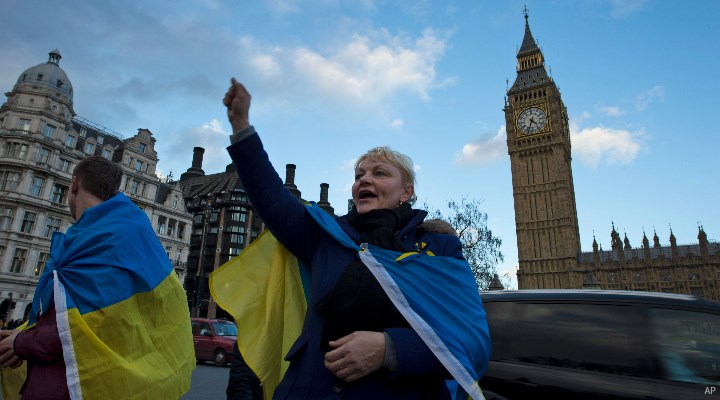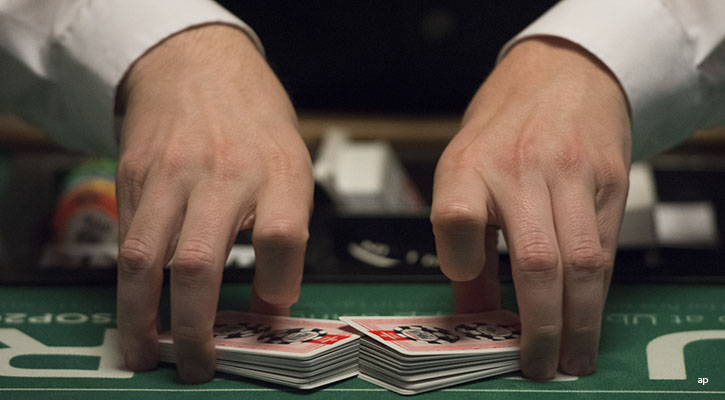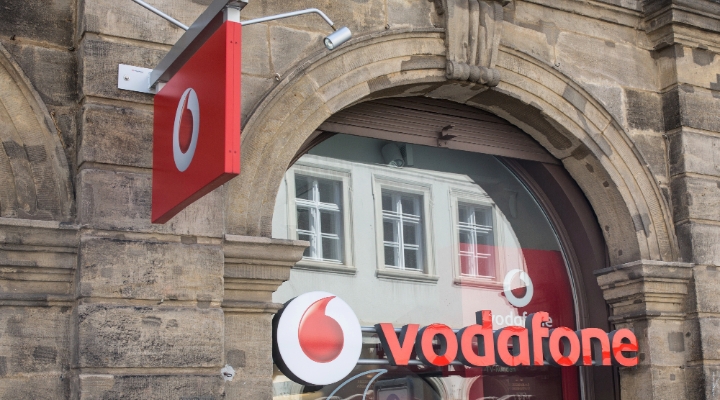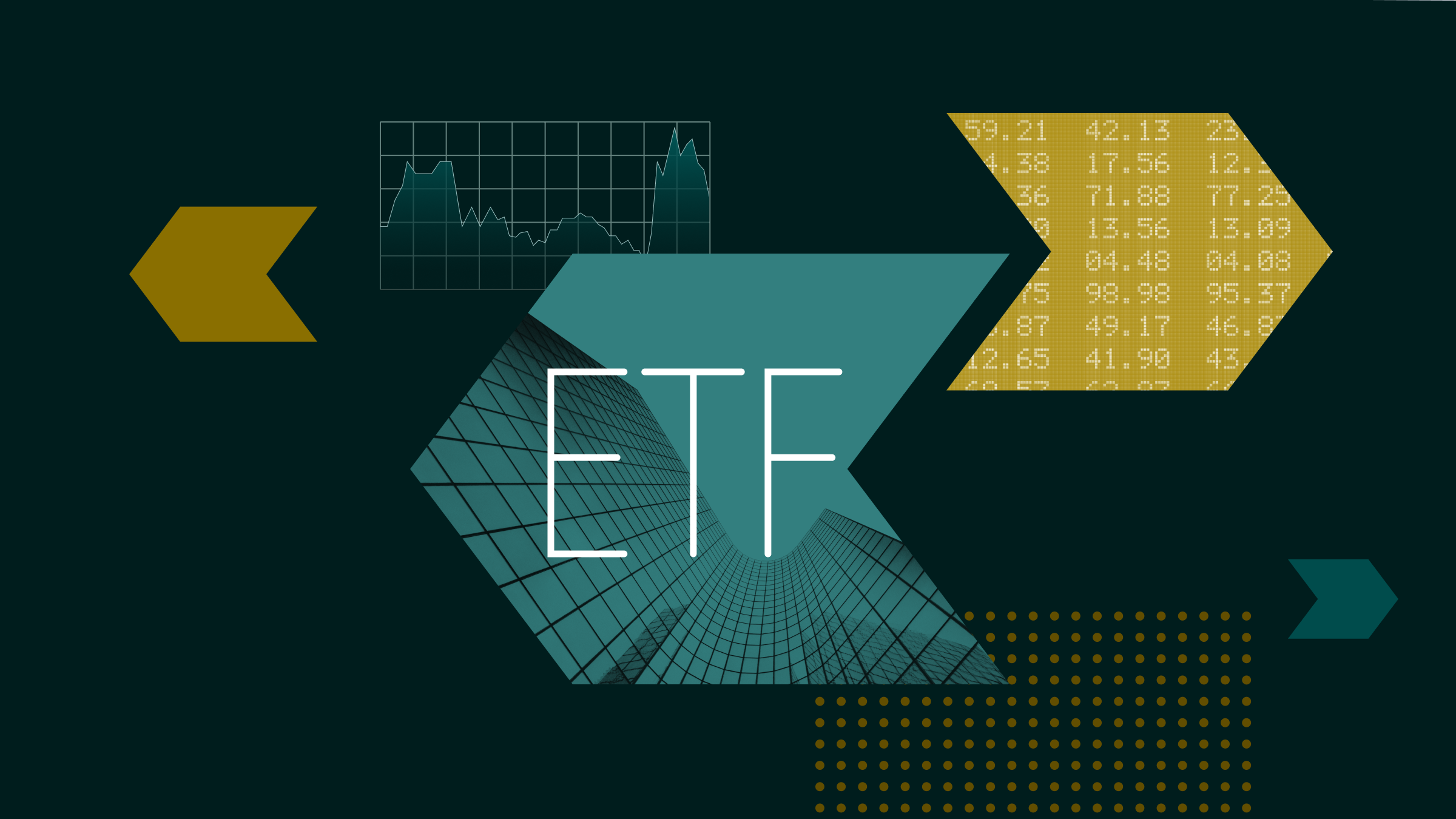The Age of Amateur Heroes is Here
What a narrative Ukrainian president Volodymyr Zelenskyy has carved into history. A former comedian and Dancing With The Stars winner, it seems unthinkable he is now bunkered down leading a country through its biggest national tragedy. But that is now the world we live in, where the amateur hero can put "experts" to shame with a very simple secret weapon: humanity. I’m seeing evidence of this elsewhere, though to even spark the comparison feels feeble. This week, John Rekenthaler, Morningstar’s expert investment research columnist, highlighted precisely why it was a retired history teacher outsmarted central banks on the need for an interest rate hike. I suspect there is a lot more of this type of stuff to come. I just hope it won’t be so painful.
UK Bills are Only Going Up
With war in Ukraine having a dramatic effect on the price of oil and gas, UK households are bracing for yet more pain. Specifically, it looks like energy costs could top £3,000 a year. Joe Malinowski, founding director of TheEnergyShop, said there was no real good news in sight. “Depending upon how the situation unfolds, gas prices could literally go anywhere,” he said. “We are not as reliant on Russia for security of gas supply as Europe, but the price we pay is linked to gas prices on the continent. The best we can hope for is that wholesale gas prices don't go up much more. All other scenarios are varying degrees of bad.”
Pay Cuts at The Top Still Hurt
One of Britain’s wealthiest businesswomen and philanthropists got paid to the tune of £300 million in 2020, accounts filed for her business this week show. Denise Coates is the multi-millionaire founder and joint chief executive of Bet365, which she started in 2001 after becoming an accountant. As if that wasn’t astonishing enough, it appears the pay day (a combination of salary and dividend payouts) was actually a £170 million pay cut. The company has not formally attributed the reduction in payout to Bet365’s experience of the pandemic (during which it lost a lot of revenue from cancelled sports events), but if you’re looking for an explanation, that might be the most obvious place to look.
A 97-Year-Old Price Promise is Toast
I’ve never understood how a pledge with two negatives in it was ever going to be effective, but, to be fair to John Lewis, the iconic “never knowingly undersold” strap never seemed to hold it back. Until now, that is. This week, the department store ditched the 97 year-old pledge, which committed it to keeping prices lower than other stores. The only problem is it never applied to online sales anyway. MoneySavingExpert’s Martin Lewis explains the move: “This is an historic change for the John Lewis brand, but won’t have much practical impact for many. [It] has always been a bit of a psychological sop to consumers, giving an arguably false impression that John Lewis is cheap. In reality, it allows the store to charge what it likes and know that, for a few price-sensitive shoppers – less than 1% last year – who are bothered to check prices elsewhere after making a purchase, John Lewis will reduce its price but only to that of its high street competitors.”
Cancellations are Crescendoing
Call it the latest iteration of cancel culture, call it a superb form of sanction, musicians have been at the forefront of the Ukraine narrative this week. From the Ukrainian songstress who said rude words about Vladimir Putin on BBC Breakfast, to the Putin acolyte conductor forced out of his honorary presidency at the Edinburgh Festival, artists all over the world have been making their voices heard on Ukraine. Scottish heavy rockers Biffy Clyro pulled out of Moscow’s Park Live gigs in protest at Putin’s aggression, as did 90s legends Placebo, who made a point of expressing solidarity with anti-war Russians in an Instagram post. Nick Cave and Louis Tomlinson have also cancelled dates in the country, as have Franz Ferdinand, a band name that rings a bit too close to home right now.
Vatican Paternity Leave is Biblically Short
The Pope’s views on family are well known, but now His Holiness has gone one step further. Dads working within the Vatican will now get three days of paternity leave. There are plenty of people employed within the City state who are celibate by religious vow, but there are also a lot of laypeople employed in other roles not requiring ordination. Not everyone is happy though. As ABC News pointed out: “The comparatively paltry policy for dads drew criticism on social media, with one person saying that three days was about the time needed to learn how to properly install a car seat.” Dads are going to have to learn to do better than that, but then again so is the Vatican.
War is Forcing an ESG Re-Think
As the world looks on the carnage wrought in Ukraine, attention has turned to the role of ESG, and its role in fostering not just social security, but national security too. I was surprised to see the suggestion that arms companies might be given a free pass in ESG funds on the grounds that they perform a social good of some kind, so I wrote a pointed editor’s opinion column on the matter. Conveniently enough, I found myself linking up several thoughts I’ve already had about ESG and behavioural finance. For those without the time to read it, it goes like this: let’s not shoot first and ask questions later. As ever, I’d welcome your views.
You Can’t Explain Away a Leaky Boat
ARK Innovation ETF (ARKK) has become one of the best-known growth-stock funds around thanks to its outsize gains and losses, but there’s no denying its holdings have taken a beating. Manager Cathie Wood has thus described it as a “deep value” fund, but Morningstar feels somewhat differently about the matter. Is it a deep value fund, or is it just a poorly-performing growth fund? Sometimes you can’t explain away the leaks in the hull.
Net Zero Hangs in The Balance
It was all everyone was talking about in November last year. But now war and its knock-on effects poses an even greater threat to net-zero targets than the political inaction and dillydallying we all feared. Renewable stocks are surging on events taking place in Europe, but that is barely any reassurance. As Leslie Norton explored in this piece, the long-term picture for climate change and emissions targets could be very bad indeed.
The Marketing Team Has Got it Tough
There was a time when fund houses’ marketing teams weren’t so involved in everything. But those days are definitely over. As Catherine Elliot explores here, the last few years have witnessed a near-total transformation in the way that funds are distributed and sold. From compliance to online content, marketing teams are busier (and more stressed) than ever, and investors need to be viligent to their new tactics.








.jpg)





















